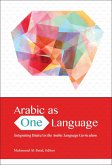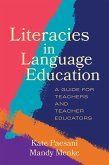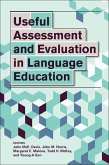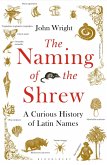This guide clearly and succinctly presents the basic tenets of teaching foreign languages specifically for Arabic teachers. Consolidating findings from second language acquisition (SLA) research and applied linguistics, it covers designing curricula, theory and methods, goals, testing, and research, and intersperses practical information with background literature in order to help teachers improve their teaching of Arabic as a foreign language (TAFL).
Karin C. Ryding, a well-regarded scholar of Arabic linguistics and former president of the American Association of Teachers of Arabic, frames the discussion with SLA literature and suggests practical and effective ways of helping students learn. Ryding discusses issues at the core of Arabic teaching effectiveness and the achievement of communicative competence, such as the teaching of pronunciation, speaking, reading, listening, and writing; teaching mixed-level classes; creative classroom organization; corrective feedback; and use of activities and exercises, with plenty of examples from Arabic and tips for teachers. She also covers materials development and proficiency testing, providing study questions and recommended readings for each chapter.
This guide, which can be used as a textbook, is the first of its kind aimed specifically at TAFL, and should be of interest to Arabic instructors-in-training, academics, graduate students, linguists, department chairs, language coordinators, and teacher trainers. It also serves as a resource for teachers of other less commonly taught languages (LCTLs), who struggle with similar issues.
Karin C. Ryding, a well-regarded scholar of Arabic linguistics and former president of the American Association of Teachers of Arabic, frames the discussion with SLA literature and suggests practical and effective ways of helping students learn. Ryding discusses issues at the core of Arabic teaching effectiveness and the achievement of communicative competence, such as the teaching of pronunciation, speaking, reading, listening, and writing; teaching mixed-level classes; creative classroom organization; corrective feedback; and use of activities and exercises, with plenty of examples from Arabic and tips for teachers. She also covers materials development and proficiency testing, providing study questions and recommended readings for each chapter.
This guide, which can be used as a textbook, is the first of its kind aimed specifically at TAFL, and should be of interest to Arabic instructors-in-training, academics, graduate students, linguists, department chairs, language coordinators, and teacher trainers. It also serves as a resource for teachers of other less commonly taught languages (LCTLs), who struggle with similar issues.
Dieser Download kann aus rechtlichen Gründen nur mit Rechnungsadresse in A, D ausgeliefert werden.









